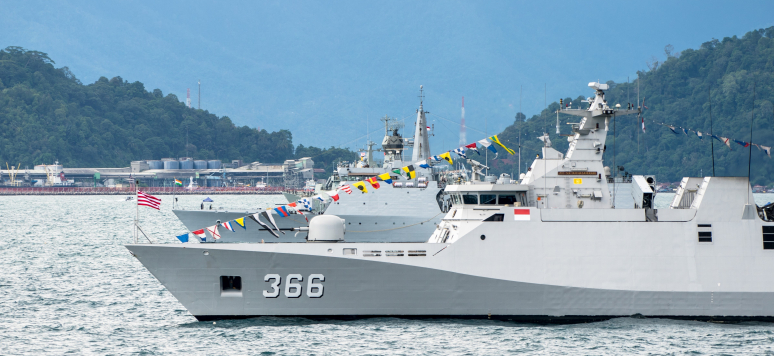Asie Visions - Whither Indonesia's Indo-Pacific Strategy? Asie.Visions, No. 105, January 2019

Indonesia’s Indo-Pacific strategy is driven less by a coherent national strategy than by a choice made due to the lack of alternatives resulting from Indonesia’s domestic and international weaknesses.
This results in Indonesia seeing itself as the key balancer in the region.
Indonesia’s sole goal is, in essence, to avoid being dragged into conflict that would threaten its bargaining power, while at the same time, maintaining the status quo in the region to preserve its bargaining power. Therefore, Indonesia takes a multilateral institutional approach that it hopes will lower tensions in the region and maintain the status quo both in the region and domestically.
This paper analyzes Indonesia’s overall Indo-Pacific strategy from the Yudhoyono to the Jokowi Administration by examining various domestic considerations and their implications. In terms of policy implications, the major take-aways are as follows:
- Indonesia’s Indo-Pacific policy lacks anything concrete beyond more economic and social-cultural cooperation.
- In the case of growing tension in the Indo-Pacific region, there is simply no possibility that Indonesia will join any military pact or work with others to contain China or other countries militarily.
- For Indonesia, the solution for any tension is more cooperation and more diplomacy to achieve a consensus that would put Indonesia as a key player in the Indo-Pacific region.
